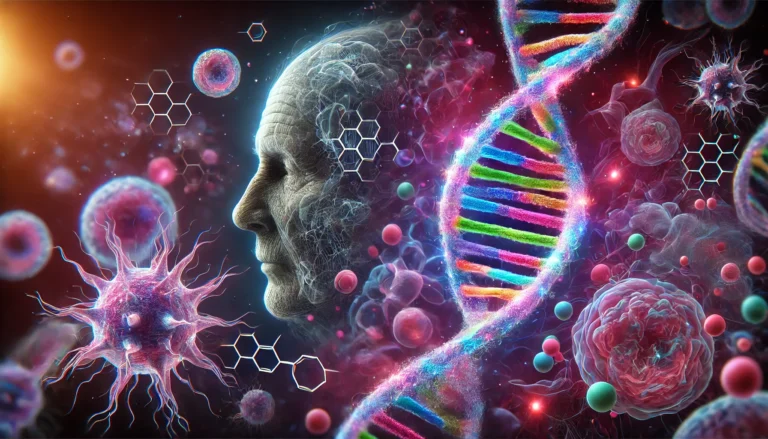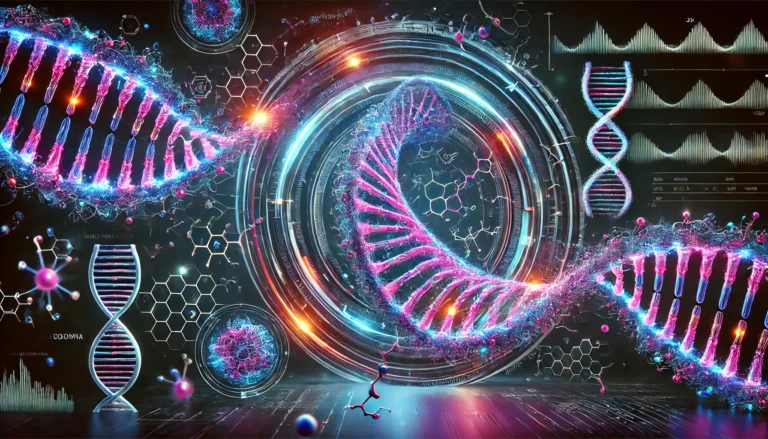Biological age tests measure biomarkers such as DNA methylation patterns and telomere length. They estimate how your body is aging in comparison to your chronological age. These tests reveal the effects of lifestyle, environment, and genetics on your health, offering a more detailed view of your overall well-being.
Scientific Consensus on Reliability
DNA Methylation Tests
Considered the gold standard, DNA methylation tests show high reliability in scientific studies. In particular, the Horvath Clock is known for accurately reflecting biological aging processes.
Telomere Length Tests
Although they indicate cellular aging, the reliability of these tests can be affected by variability and external factors. They are useful but should be interpreted with caution.
Biomarker Panels
Combining various biomarkers, including inflammation and metabolism markers, offers valuable perspectives. However, accuracy can vary depending on the selected biomarkers and their relevance to aging.
Potential Limitations
- Interpretation Variability: Results may vary depending on algorithms and reference populations, which can lead to discrepancies.
- Lifestyle and Environmental Factors: Short-term changes in lifestyle or environment can influence biomarkers, affecting results.
- Dynamic Nature of Aging: Aging is complex and influenced by many factors, so no single test is exhaustive.
How to Effectively Interpret Results
- Contextual Understanding: Consider biological age along with other health assessments and your personal health history.
- Practical Actions: Use the results to make lifestyle changes or seek interventions if necessary.
- Long-Term Monitoring: Periodic testing provides valuable insights to track changes in response to modifications in your lifestyle.
ETERNA Diagnostics: Innovating Precision
Companies like ETERNA Diagnostics focus on improving the precision and reliability of tests. They offer solutions such as the PROAGE test, integrating biological age testing into personalized health strategies.
The Future of Biological Age Tests
Advances in research and technology are expected to improve test precision and reliability. This will make tests even more valuable for optimizing health and longevity.
Conclusion
While debates about their precision exist, biological age tests offer great potential for managing personal health. By understanding their limitations and using the information in a broader context, you can make meaningful improvements to your well-being.


